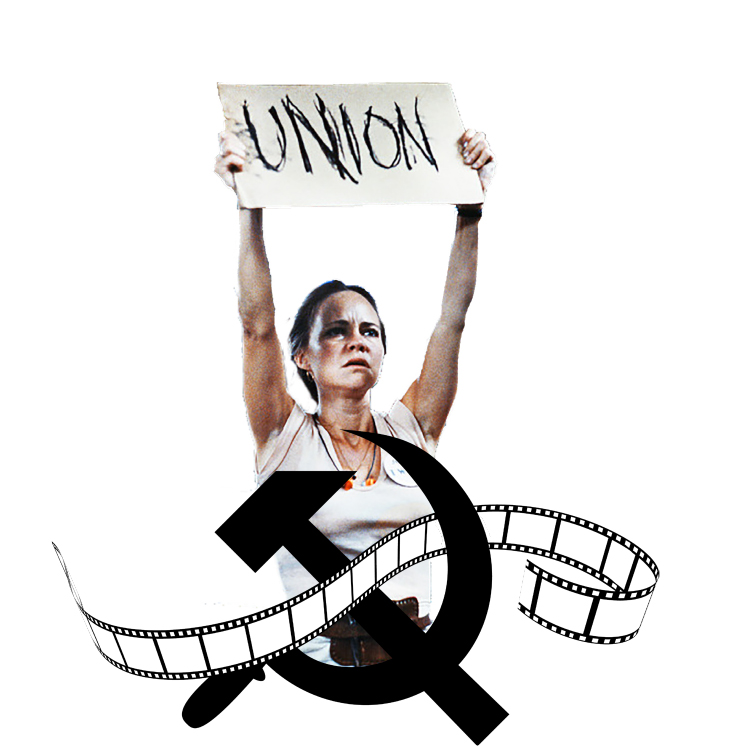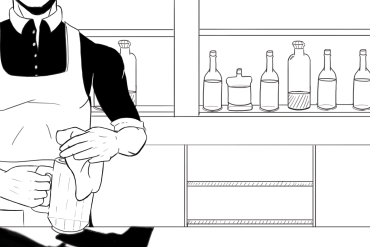It’s rare that a movie that receives the attention of the FBI and Department of Homeland Security on its opening weekend but this was the case with Todd Phillips’s Joker. This says something about the film, but much more about our culture. Joker both reflects and comments on our time.
The film takes the vantage point of Arthur Fleck, the fledgling Joker, by artfully moving between realism and hallucination. It is, to be sure, a dark film without a clear moral message, for which reviewers lambasted the movie. Joker roused the ire of critics for its allegedly racist overtones, its lionization of an anti-hero, the possibility that it would traumatize survivors of gun violence, and for doing little more than rehashing Taxi Driver and The King of Comedy (both of which, coincidentally, also feature Robert De Niro in a prominent role).
The premiere of The Dark Knight Rises at a Colorado movie theater in 2012 was the setting for a widely publicized mass murder. Hardly a month goes by without a similar killing in a public space. Life in our era is often violent. Although a direct causal link remains unproven, the killings in Colorado suggest a correlation between cultural saturation with violent imagery and real violence. To what extent should filmmakers and artists in all media bear responsibility for their works? A brief piece in a college magazine cannot properly answer a question with which philosophers including Plato and Tolstoy have grappled, but we can, however, renew the inquiry in a time defined by the intrusion of electronic media and advertising into every facet of our lives.
This brings us to the commentators and their interpretations of the worldview depicted in the film. A nauseating maelstrom of lust for domination, sex, and brutality swirls around the eponymous character’s interactions with the Black characters. The New York Times characterized this as unintentionally racist. Is it unintentional? The framing of brings the viewer into the Joker’s mind the way first-person narrative does in literary fiction; we see the world as he sees it, not necessarily how it is. Is the film’s absence of an explicit moral message a failure? Have the moral compasses of us, the viewers and readers, lost all bearings to the extent that we need every piece of fiction to fall within the particular brand of social justice morality that currently prevails? Given the questions raised in the previous paragraph, what interpretive burden can be placed on viewers?
The way in which Joker most reflects our time is in its artistic features. It rehashes and appropriates elements of films like Taxi Driver, The King of Comedy, and Death Wish in a visually compelling, but unoriginal way. As in Inherent Vice, Joaquin Phoenix’s acting prowess and command of movement buoy up a muddled amalgam of bits and bobs that fail to cohere as a singular work. There can be no better film for a time in which the attention span hardly lasts long enough to read a Facebook post or tweet, let alone watch a movie while recalling its predecessors and thus interpreting it in an historical context.
It is the controversy around Joker; the historical amnesia of its champions, detractors, and viewers alike; the muddled way it cribs from prior works without saying something coherent; and its madness that make Joker the definitive movie of 2019.
illustration by Josh Gates
***This article was printed and previously published online saying the director was Todd Haynes, we have corrected the error and apologize for the mistake.





